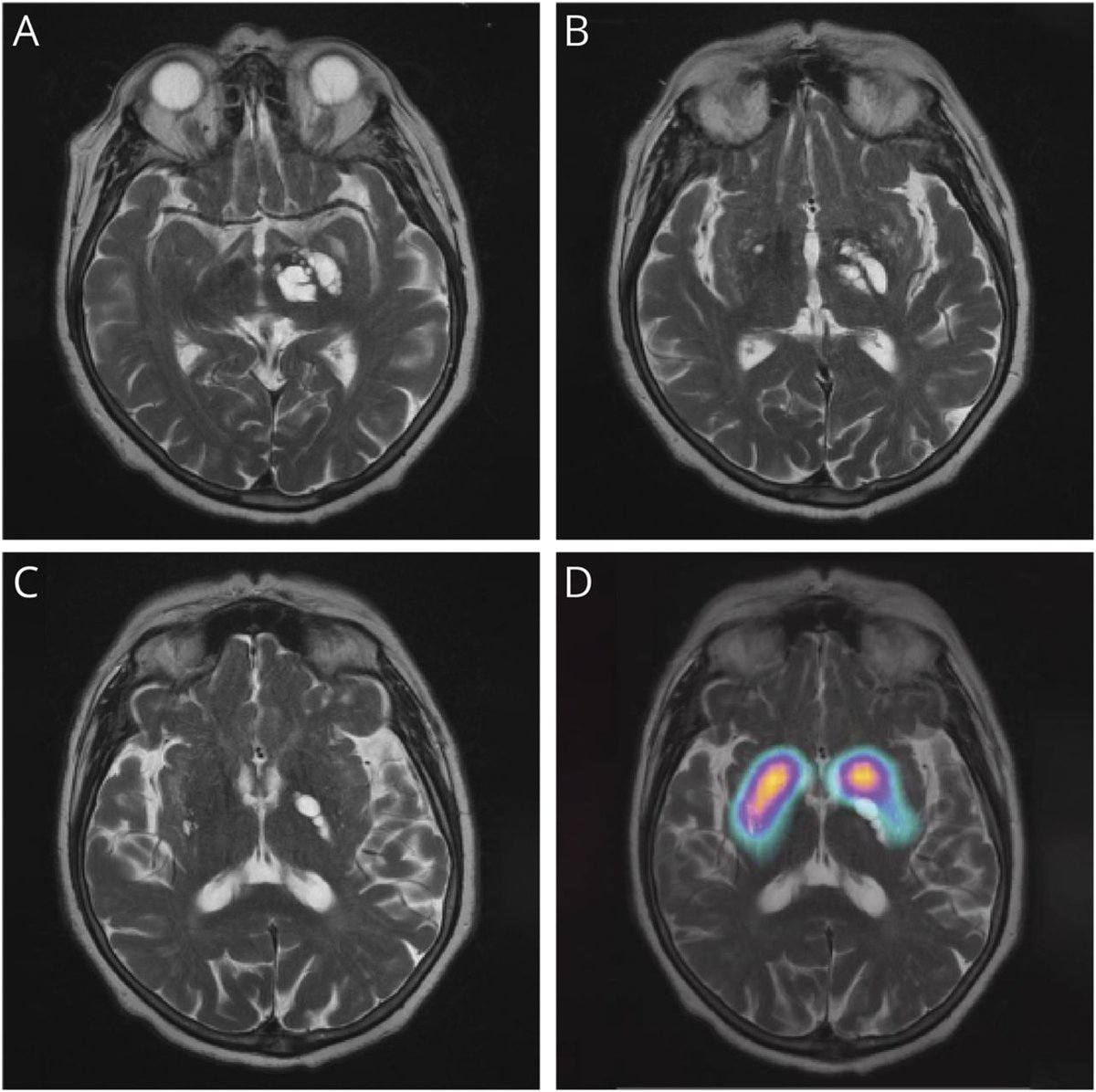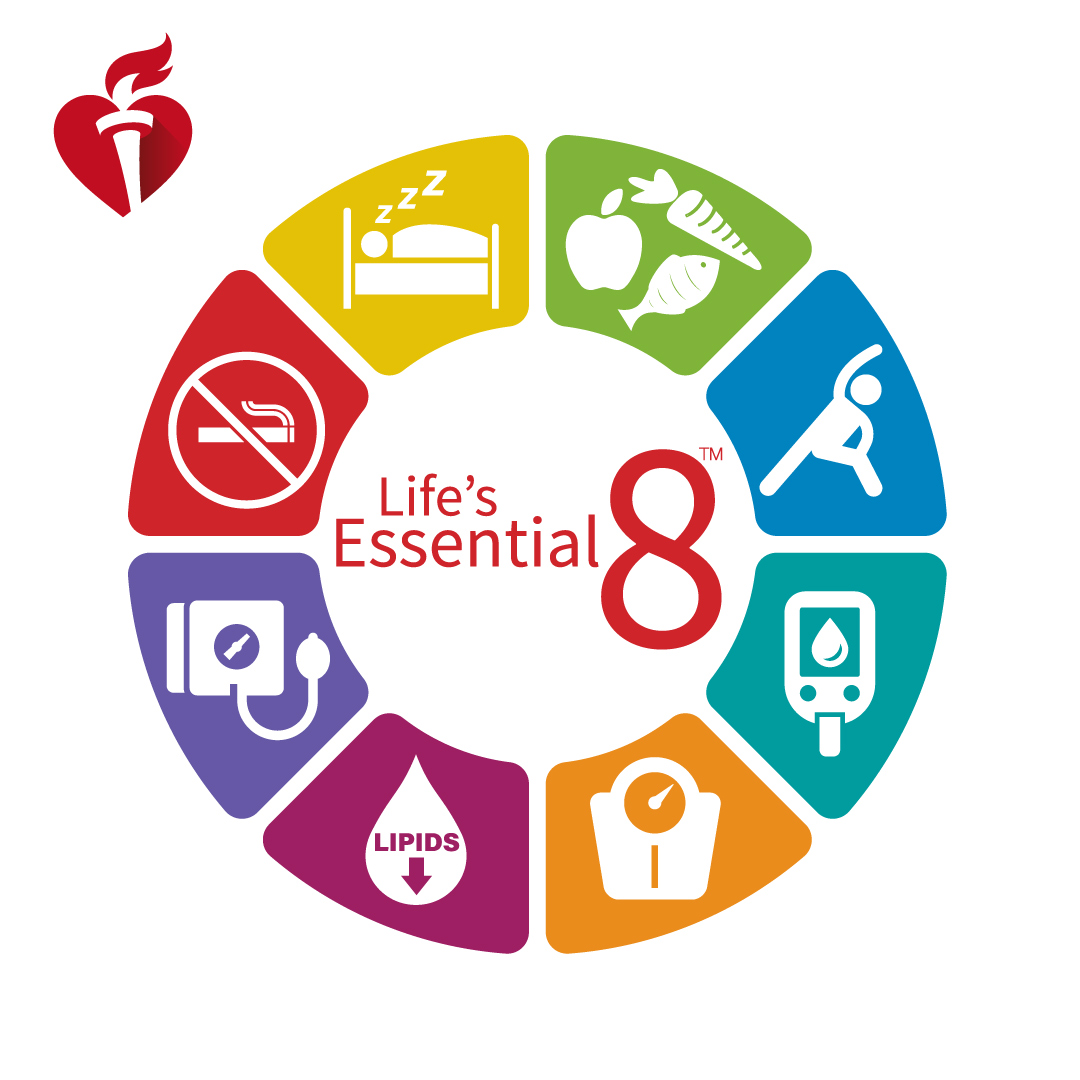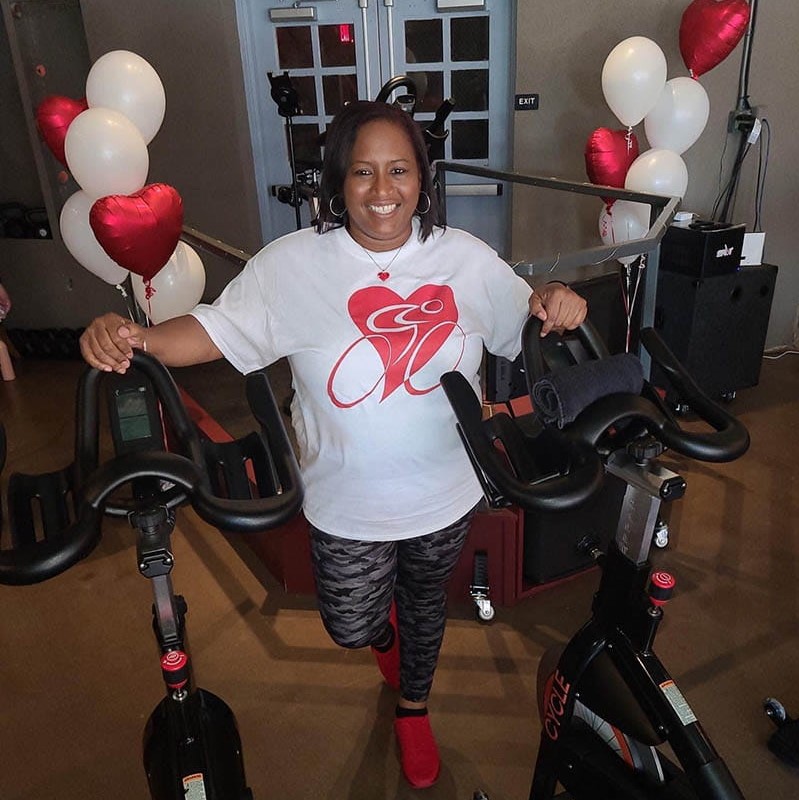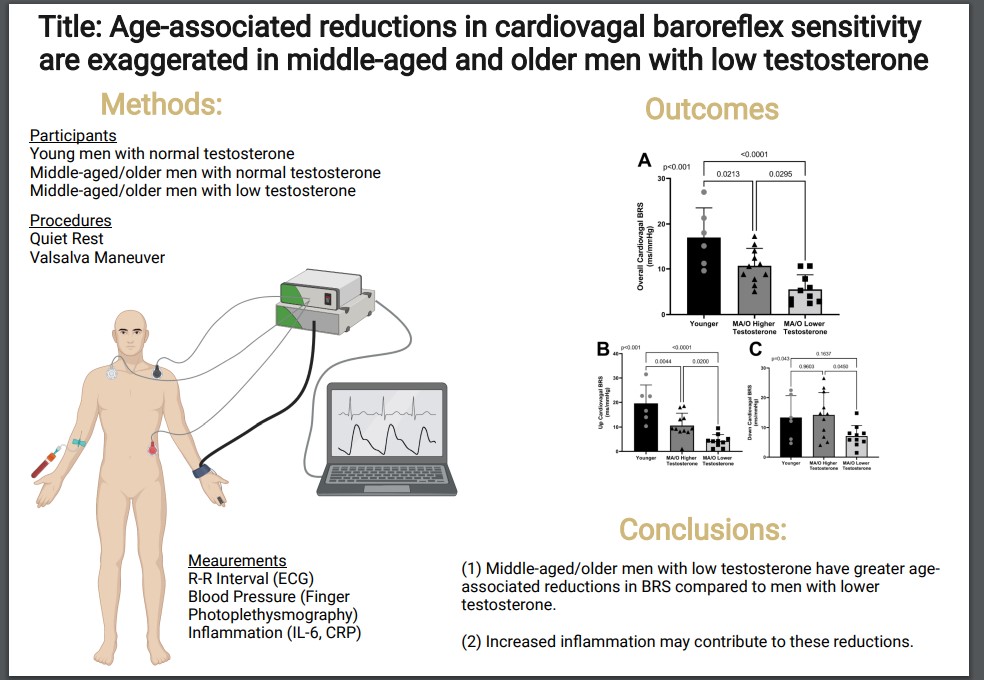
Sabharwal Lab
@sabharwallab
Welcome to the Sabharwal Lab! Our research is directed towards understanding control of circulation in cardiovascular and neurodegenerative diseases.
ID: 1512128581723467776
https://sabharwal.lab.uiowa.edu/ 07-04-2022 18:02:28
41 Tweet
16 Followers
59 Following


Our new review on #control mechanisms of the IL-1 family of #cytokines is now out. IL-1 is a well described prototypical member, but we suggest that similar barriers to bioactivity exist for other family members. Jonathan Kagan Ragon Institute Harvard Medical School frontiersin.org/articles/10.33…



We are so pleased welcome Seth Tomchik and @TomchikLab to the Department of Neuroscience & Pharmacology University of Iowa!
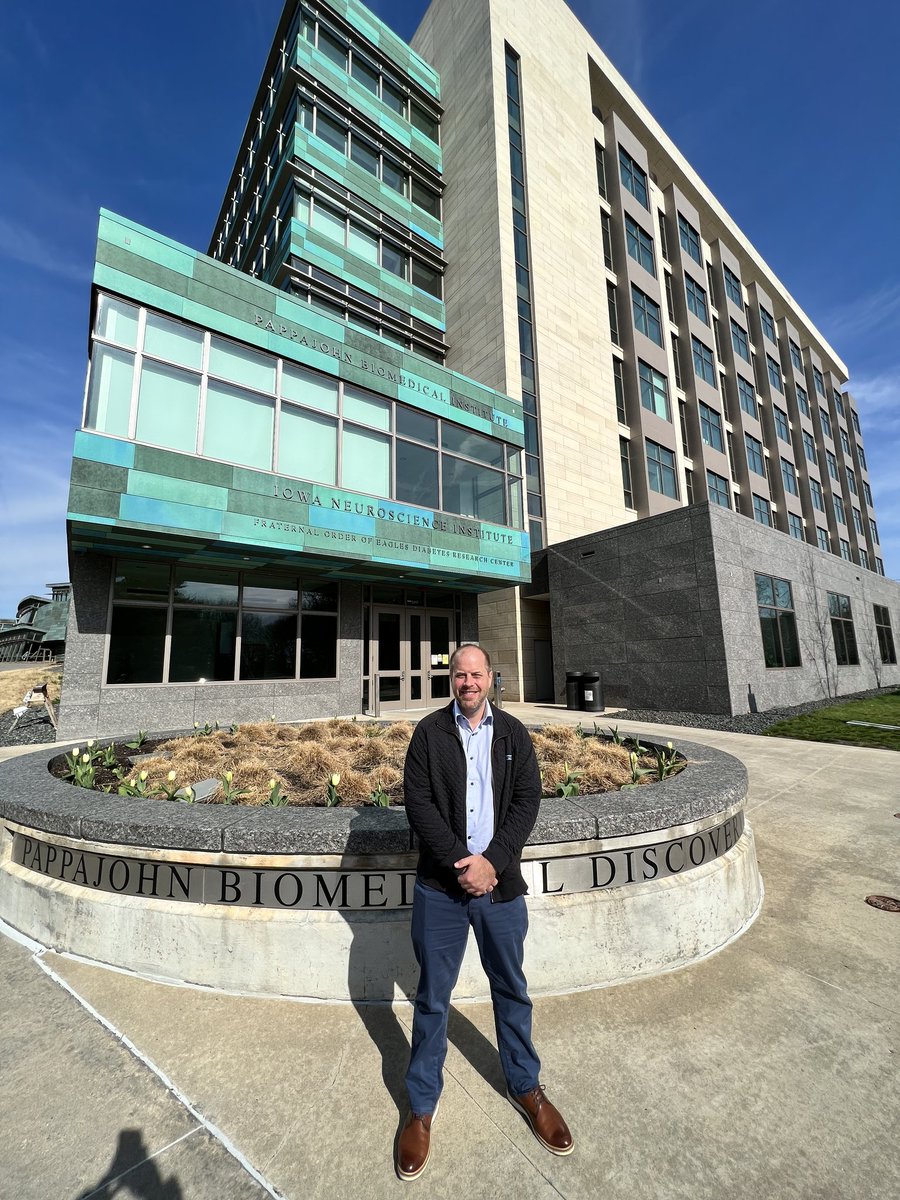
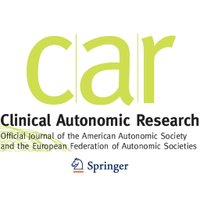
The 2021 impact factor for Clinical Autonomic Research is 5.625 🎇 ✅ Highest ever IF for CAR ✅ CAR is now listed in Q1 of the “Clinical Neurology” Ranking" We want to thank the authors, reviewers, and editorial board members. American Autonomic Society



Sex differences in autonomic responses to #stress: implications for #cardiometabolic physiology (Dearing, Handa, and Myers) - new review in AJP-Endocrinology and Metabolism ow.ly/EGIT50JQs5w #chronicstress #glucocorticoid #estrogen #androgen
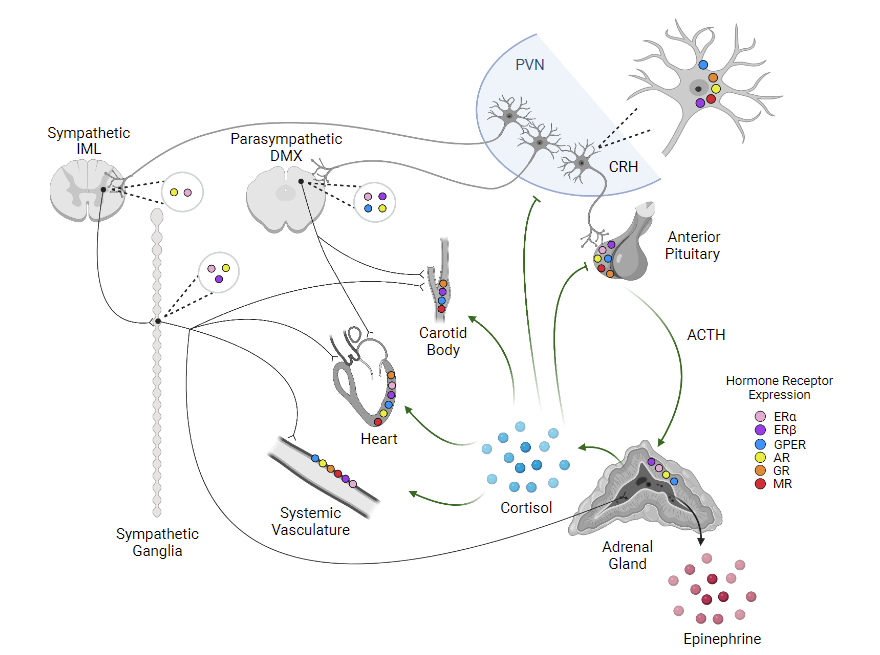


Gene therapy may be able to repair muscle severely damaged by a type of muscular dystrophy, according to a recent study from University of Iowa researchers including senior author Kevin Campbell, PhD. spr.ly/6018zsHga


Terrific talk today Big Ten Academic Neuroscience meeting going from neural development to reward circuits to the impact of hormonal contraception on behavior! Talks from Rachel Brewster UMBC Biology Jocelyn University of Minnesota Neuroscience @TronsonLab U-M Psychology Iowa Neuroscience Institute


🚨 New editorial by Marat Fudim, MD MHS and colleagues: "The interplay between autonomic tone and atrial arrhythmias" Read here: link.springer.com/article/10.100… Comment on the study by Mukai et al. link.springer.com/article/10.100…




ICYMI: Risk of myocarditis after COVID-19 vaccination substantially lower than risk after COVID-19 infection, according to a new study in Circulation spr.ly/6014M1H1s


